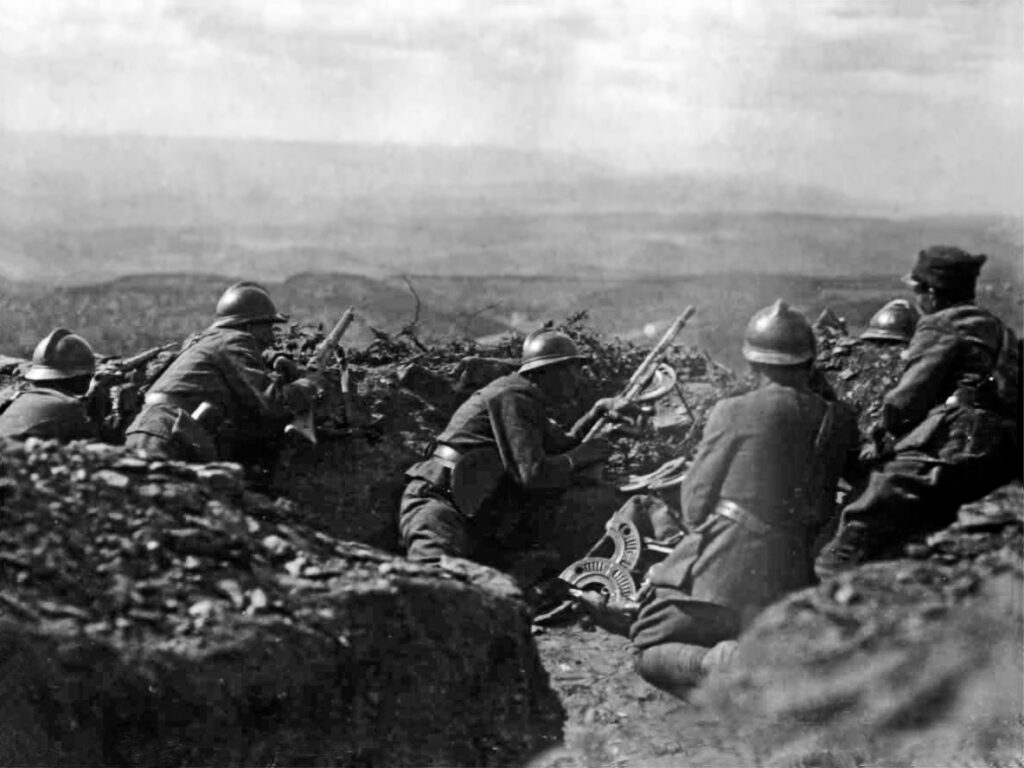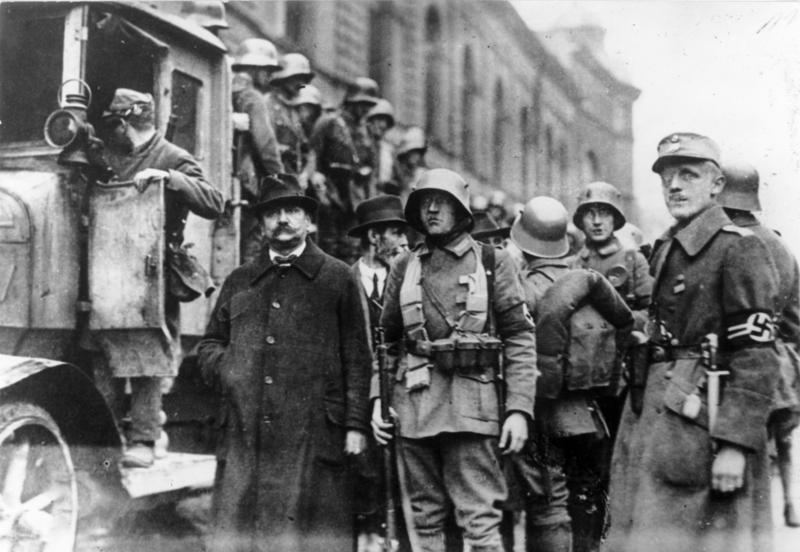The 1920s began after the most devastating war in human history at the time had ended. World War I was so destructive, horrifying and bloody that it was called “The War to End All Wars”. However, this statement was obsolete as soon as it was made. Not even before the Treaty of Versailles was signed, new wars were beginning in Europe, such as the Greco-Turkish War. These wars were a direct consequence of the end of World War I, and how nations, especially new ones, were treated.

Many new nations were created after World War I due to the collapse of the Austro-Hungarian, Ottoman, and Russian Empires. These new nations were faced with many problems. The economic situation in many of these countries were not good due to them not being used to having their own economies, formally being a part of a larger empire. Many of these countries would constantly be changing governments due to revolutions and counter-revolutions. The existence of many of these new nations, particularly ones in Central and Eastern Europe, came under threat as new, powerful, tyrannical governments got their start in the 1920s.
World War I had not treated the “victors” well either. These countries found themselves in bad economic standing due to the war and were faced with political upheaval. Italy was a country that was faring particularly badly, and this meant that people were willing to take action in an attempt to fix what was wrong with the country. This is what Mussolini and the fascist party did when they took over Italy in 1922. If the victors were faring badly, then the losers of World War I were doing even worse. Germany was in shambles following the war. Every issue that the other countries had, Germany had as well, only worse. Once again, this inspired radical groups to take action. Hitler and the Nazis attempted to take over in 1923. While this failed, it showed the fragility of Germany at time, and the situation in Germany would not improve.

World War I changed the world forever. Just because the war ended did not mean that people felt that it was over. Many radical political groups of the 1920s were made up of World War I veterans, who felt that their government had betrayed them. Communism and Fascism started to creep into the governments of many countries, with many countries panicking to prevent these ideologies from taking over. Other countries would easily fall to these ideologies, and they would often stay in power for the next few decades. Rivalries and tensions between countries still existed, and some got worse during the 1920s. Often, the only thing preventing countries from going to war was the very recent and painful memory of World War I, but sometimes even that was not enough.
While large scale political maneuvers and conflicts became more common in the 1930s, it got its start in the 1920s. Nearly every major event in the 1930s can trace its roots back to the 1920s. The 1920s might not be as grand as some other decades in the 20th century, it is nevertheless extremely important. The 1920s demonstrate the legacy of World War I, one of failure. World War I failed to achieve or end anything. All it did was set the stage for a new conflict 20 years later, one that would prove to be far more destructive and deadly.

Nicholas Buonocore is a student at Ramapo College who toke the Discovering Digital History course in the Spring 2021 semester. He was a junior at Ramapo studying history while taking this course.
